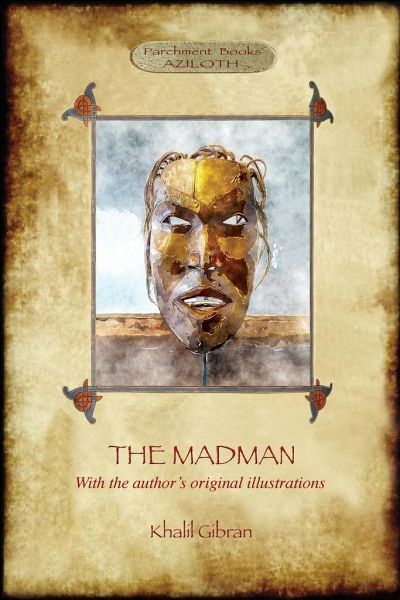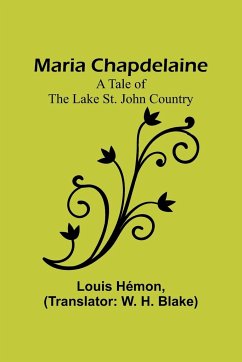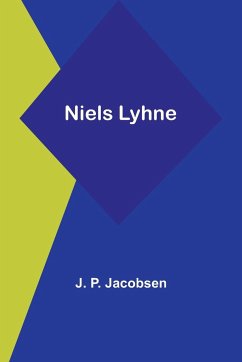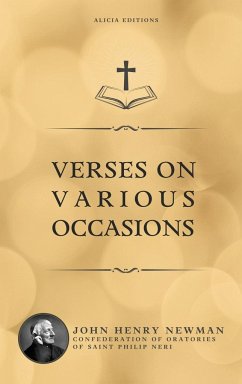
The Madman
His Parables and Poems (Aziloth Books)
Versandkostenfrei!
Versandfertig in 1-2 Wochen
9,99 €
inkl. MwSt.
Weitere Ausgaben:

PAYBACK Punkte
5 °P sammeln!
Khalil Gibran was an accomplished Lebanese writer, philosopher and artist – and by all accounts the third most popular poet in history after Shakespeare and Lao-Tzu. Born in 1883 into a disadvantaged Maronite Christian family, his genius propelled him to the level of world renowned author with best-selling works like The Prophet, The Madman and Sand and Foam. Gibran was influenced by his own religion as well as by the mysticism of the Sufis and, in particular, by the Bahá'í Faith, a religion that stresses the spiritual unity of all mankind and recognises that we were all created by the sam...
Khalil Gibran was an accomplished Lebanese writer, philosopher and artist – and by all accounts the third most popular poet in history after Shakespeare and Lao-Tzu. Born in 1883 into a disadvantaged Maronite Christian family, his genius propelled him to the level of world renowned author with best-selling works like The Prophet, The Madman and Sand and Foam. Gibran was influenced by his own religion as well as by the mysticism of the Sufis and, in particular, by the Bahá'í Faith, a religion that stresses the spiritual unity of all mankind and recognises that we were all created by the same God. The Madman is the voice of a mystic whose masks, or personae, have been "stolen". It is a distillate, in parable form, of the "true self" – full of the wonder of God and yet, at times, troubled with sardonic questions about man’s spiritual path. The narrator – no doubt Gibran himself – is the impassioned seeker, who expresses himself through the thirty-four parables and poems of The Madman. Its bitter tones and dark spaces are not for the faint-hearted spiritual traveller but it is without doubt an honest and potent expression of a true seeker.














